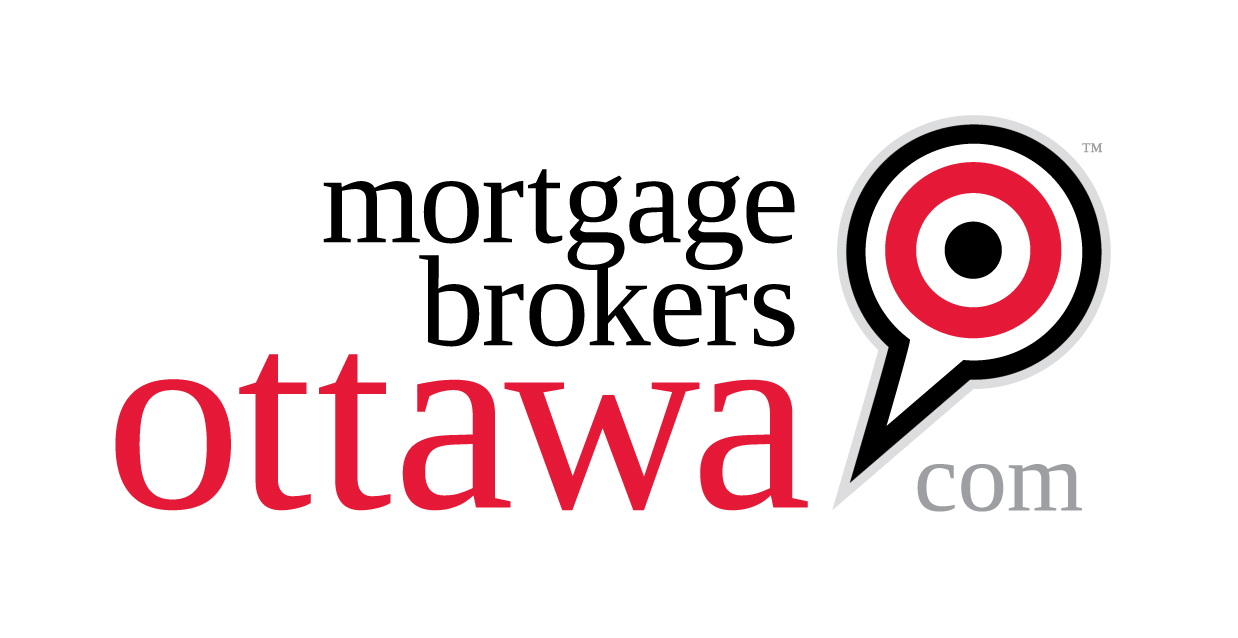Open House- The Real Estate And Mortgage Show: November 30, 2019
Open House- The Real Estate And Mortgage Show: November 30, 2019
Date Posted: December 2, 2019

The team discusses the case of a Toronto individual who placed and unconditional offer on a home. The market then took a drop and the individual was not able to sell their current home and therefore could not purchase the new home. With a large deposit, the individual assumed they would just loose their deposit. The seller was able to re-list and sell the home but for $600,000 less than the original purchase. The seller took the original purchaser to court for the loss they incurred by having to re-list and sell after the market dropped. The court ruled in favour of the seller and the original purchaser now owes the seller the difference of the purchase price.
Individuals may be misled in the fact that if they don’t close on the firm sale, the seller does not have to accept the deposit as concession to not close. It is at the discretion of the seller on how they would like to proceed. You may be better off closing and then re-selling the property to try and avoid potential additional costs, including loss of deposit, but also the difference between selling prices as well as court and legal fees.
When it comes to a longer closing period with a builder, a Mortgage Broker, or a bank, cannot guarantee an approval for 12-18 months away. There are so many scenarios that may change the original application, including job loss, issues with credit bureaus and missed payments, or needing to get a new car as examples.
When you are a landlord to rental properties, it is important to factor in the quality of your tenant when making decisions about rental increases and upgrades to the property. An additional $150 in rent does not make up for a quality, long-term tenant who takes care of the property and makes rental payments on time. If you get the wrong tenant, it is difficult to get them out of property as many of the rental laws work in favour of tenants as opposed to landlords. It’s equally as important to be a fair and honest landlord to retain great tenants long term.
Too-good-to-be-true Investor seminars have become increasingly popular here in Canada. Although it seems like little upfront costs, the continuing costs can be substantial. Many of these programs have come up from the US and were created during the recession when properties were cheap. These models do not necessarily work in the Canadian market and especially within the Ottawa. In order to purchase an investment property, you need to have a minimum of 20% down payment of your own resources, borrowing from a home equity line of credit is also allowable if this additional debt works with your application.
New to Canada and looking to purchase your first home? The first step is to contact a trusted Mortgage Broker to review your application. There are some great programs out there to assist new to Canada individuals get a foot into the real estate market. Once you discuss your mortgage application with a Mortgage Broker, the next call is to a Real Estate Agent to help with your home search and work on your behalf at no cost to the buyer.
The Ottawa real estate market continues the low inventory trend of 2019 with 2800 homes for sale. Suburban townhomes are still the fastest moving market. Multiple offers, especially in the townhome bracket, are still occurring which is when a buyer needs to be working with an experienced team including a Mortgage Broker and Real Estate Agent. This type of market is never fun, especially for the first-time home buyers who may have a different expectation of the process based on other years. When making an offer over list price, the lender still must accept the value of the home and the difference, if the value comes in lower than the purchase price, is the responsibility of the buyer to make up with cash.
Great info on this edition of Open House: The Real Estate and Mortgage Show on CFRA.
Contact your Mortgage Broker today for more trusted advice.
